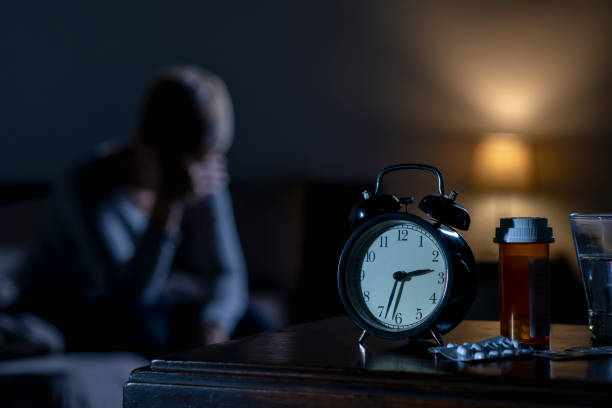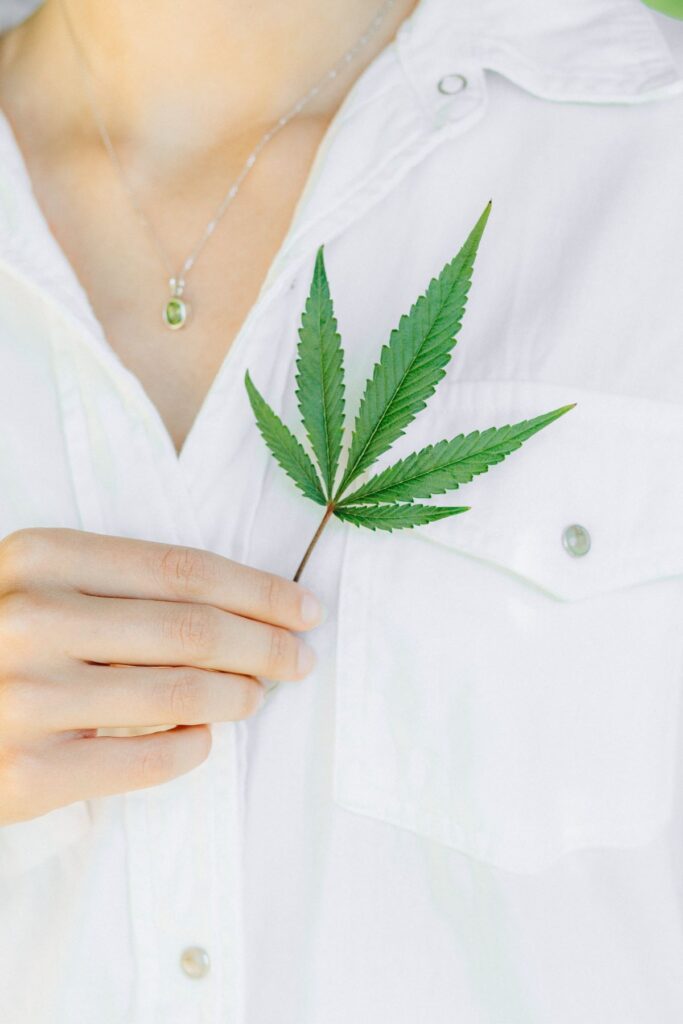Alternative Treatments, Mental Well-Being
Can CBD Help With Mental Health Issues
In recent years, there has been a substantial increase in the amount of attention paid to the potential advantages of CBD for mental health disorders. Cannabidiol (CBD) has surfaced as a viable answer as an increasing number of individuals are looking for natural alternatives to manage their mental well-being. Those who are battling with disorders such as anxiety, depression, and even post-traumatic stress disorder (PTSD) may find it to be an attractive alternative due to its non-intoxicating characteristics as well as its alleged anti-anxiety and anti-depressive effects.
Understanding Mental Health Issues
Millions of people all over the world are struggling with mental health difficulties. Many mental health conditions, including anxiety, depression, and post-traumatic stress disorder (PTSD), have the potential to profoundly affect the quality of life of an individual. Some people are looking for alternative methods to control their symptoms and enhance their mental well-being, despite the fact that traditional treatment alternatives such as therapy and medication are available. Cannabidiol (CBD) is one option that is gaining popularity.

What is CBD?
CBD, which is an abbreviation for cannabidiol, is one of the many chemicals that are found in the cannabis plant that are active. Cannabidiol, or CBD, does not generate a “high” or an intoxicating effect, in contrast to its counterpart, THC. CBD is primarily extracted from hemp, which is a kind of cannabis that contains a relatively low amount of THC. A number of different formulations, including oils, capsules, consumables, and topicals, are all available for purchase.

CBD and Mental Health: An Overview
Based on the findings of the research, cannabidiol (CBD) may have the potential to interact with the endocannabinoid system (ECS) of the body. This system is responsible for regulating a variety of physiological functions, including mood and emotions. In order to keep the body in a state of equilibrium, also known as homeostasis, the endocannabinoid system (ECS) is made up of receptors, enzymes, and endocannabinoids. Cannabidiol (CBD) has the ability to help restore balance and reduce symptoms linked with mental health issues by exerting an influence on the endocannabinoid system (ECS).

Research on CBD and Mental Health
Although the investigation into the effects of cannabidiol (CBD) on mental health is still in its preliminary phases, a number of studies have demonstrated encouraging outcomes. Anxiety, depression, post-traumatic stress disorder (PTSD), and sleep difficulties have been the primary foci of these investigations.

CBD for Anxiety and Stress
There are millions of people all over the world who suffer from anxiety disorders, making it one of the most prevalent instances of mental illness. Based on the findings of the research, cannabidiol (CBD) may possess anti-anxiety effects, which could potentially alleviate symptoms linked with anxiety disorders. The results of a study that was conducted in 2019 and published in the Journal of Clinical Psychology revealed that participants who took CBD had a substantial reduction in anxiety symptoms when compared to those who got a placebo intervention.

CBD for Depression
An individual’s mood, energy levels, and overall well-being can be greatly impacted by depression, which is a complicated mental health disorder that can have a long-lasting influence. Although there is a need for additional research, preliminary studies have suggested that cannabidiol (CBD) may have antidepressant effects. One study that was conducted in 2018 and published in the Journal of Clinical Psychology discovered that cannabidiol (CBD) may have a beneficial effect on serotonin receptors in the brain. These receptors play a role in the regulation of mood. It is required, however, to do additional studies in order to identify whether or not CBD is effective as a treatment for depression on its own.

CBD for Sleep Disorders
It is possible for sleep disorders, such as insomnia, to have a significant influence on the mental health of an individual as well as their general quality of life. There is some evidence that cannabidiol (CBD) may help enhance the quality of sleep and lessen the symptoms of insomnia. The results of a study that was conducted in 2019 and published in The Permanente Journal revealed that those who took CBD reported significant improvements in their sleep scores. On the other hand, additional research is required to fully comprehend the effects that CBD has on sleep disorders over the long term.

CBD for PTSD and Trauma-Related Symptoms
There is a possibility of developing post-traumatic stress disorder (PTSD) as a result of having experienced or witnessed a stressful event. Flashbacks, nightmares, and extreme anxiety are some of the symptoms that indicate the presence of this condition. CBD may help alleviate symptoms of post-traumatic stress disorder (PTSD), including anxiety and sleep difficulties, according to some research. A study that was conducted in 2019 and published in the Journal of Alternative and Complementary Medicine discovered that cannabidiol (CBD) was related to a reduction in the intensity of post-traumatic stress disorder (PTSD) symptoms in a group of veterans who had served in the military. However, additional research is required to evaluate whether or not CBD is effective in treating post-traumatic stress disorder (PTSD).
How to Incorporate CBD Into Your Mental Health Routine
If you’re thinking about introducing CBD into your mental health routine, go with caution and see a healthcare expert first. Here are some things to bear in mind:
- Start with low doses: Begin with a modest CBD dose and progressively increase it until you find the best amount for you.
- Choose high-quality products: Look for CBD products that have been third-party evaluated and are sourced from reliable companies.
- Be aware of potential side effects: While CBD is generally well tolerated, it might result in side effects such as dry mouth, sleepiness, and appetite problems.
- Consider the legality: CBD legislation may differ depending on where you live. Make sure you are aware of the legal status of CBD in your location.
Conclusion: The Potential of CBD for Mental Health
Although CBD holds promise for addressing mental health issues, it’s important for me to recognize that it’s not a cure-all and should not replace professional medical advice or therapy. Since everyone’s response to CBD varies, seeking guidance from a healthcare professional is essential before incorporating it into my mental health routine.
As research on CBD’s potential benefits and limitations in mental health continues, I understand the importance of staying informed. If I’m contemplating using CBD for mental health, I’ll take the time to conduct thorough research, make decisions based on that knowledge, and prioritize my overall well-being. It’s a personal journey, and by approaching it with care and awareness, I can better understand how CBD might fit into my mental health strategy.


